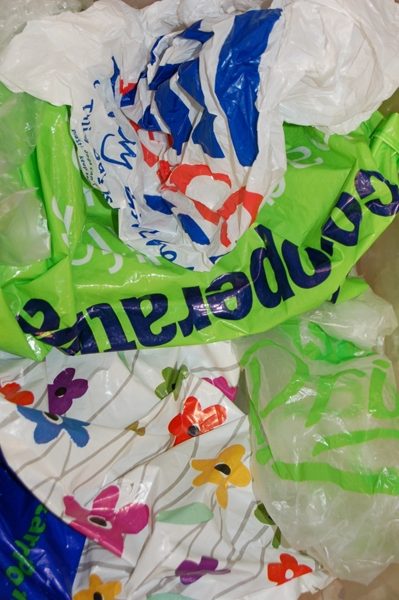 Environment
Environment 
On the 1st October 2011 Wales became the first nation in the UK to introduce a five pence charge on all single use carrier bags. This legislative move followed a voluntary agreement between members of the British Retail Consortium to charge for bags. The agreement was successful in as far as usage declined but the rate of this decline slowed over time, causing the Welsh government to intervene and make the charge compulsory for retail establishments. A year on and the Welsh minister for Environment and Sustainable Development, John Griffiths, has heralded the scheme a success and urges England to follow suit as both England and Scotland are currently considering an introduction of the scheme. Although James Lovelock has called the trend of charging for bags like ‘rearranging the deckchairs on the Titanic’ in terms of prioritising environmental problems, this scheme appears to have been successful in Wales in regards to minimising bag usage and changing behavioural attitudes towards consumption. Griffiths states ‘it’s been quite clear that it’s been a resounding success and delivered on all expected outcomes: far less litter in our streets and countryside, behavioural changes and public support’.
In 2009 it was estimated that 480 million carrier bags were used in Wales in a year which amounts to 150 bags per person. Single use bags are usually made from polyethylene which takes from 500 to 1000 years to decompose. These figures and arguments were used by the government to make their case for the introduction of the charge as the production of these bags constitutes a waste of resources and the creation of unnecessary emissions. The case made for a conservation of resources and a reduction in litter demarcates the charge as an indicator of environmental commitments in Wales. But the government’s aim in introducing the charge also had a further dimension. Griffiths states ‘single use carrier bags are a symbol of our throw-away society’. The charge therefore was also used as a tool for behaviour change within Welsh society. Customers are encouraged to take their own bags when shopping instead of using single use bags, which Griffiths states ‘helps towards our goal of becoming a zero waste nation’.
The results of the first year of the charge are impressive. A reduction of between 70% and 96% of usage of bags has occurred and in the process charities have already received over £800,000 donations from the charge. For example, Tesco alone has raised £770,000 for RSPB Cymru. The further aim of a behavioural shift has also been achieved: research by Cardiff University shows that the support for the charge has increased from 61% before the charge to 82% after its introduction. People are taking their own bags shopping and generally agree that charging five pence is an effective way of reducing litter, stopping a waste of resources and raising money for charities.
I suggest that this charge is indicative of Wales’ commitment to social and environmental justice. Although the policy seems simple in terms of the actual transaction that occurs, I believe that it is a minimal indicator, among many, of Wales’ commitment to an alternative agenda. By introducing a charge the Government has expressed its rejection of a ‘throw away society’ and the unnecessary use of resources. By using the income from the charge to reinvest in the Welsh environment and culture the Government is showing its redistributive commitments to local communities and issues of social justice. Griffiths urges England to introduce the same charge to show their commitment to these issues.
Helen Taylor


